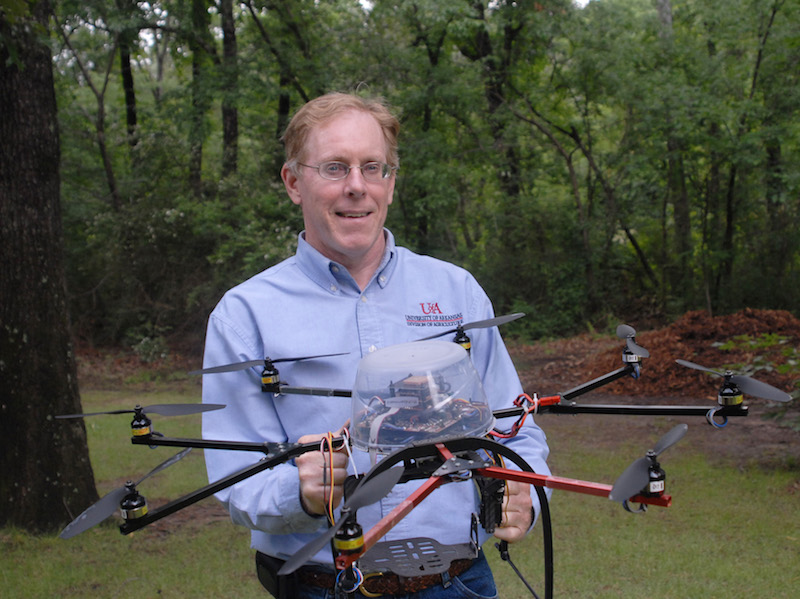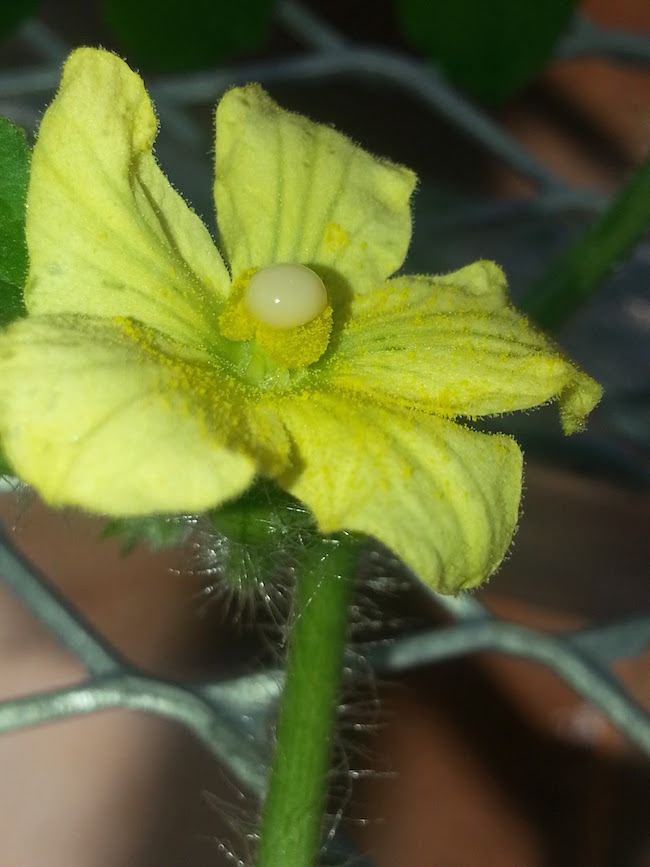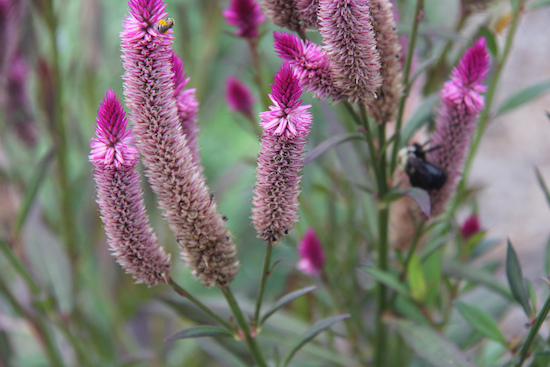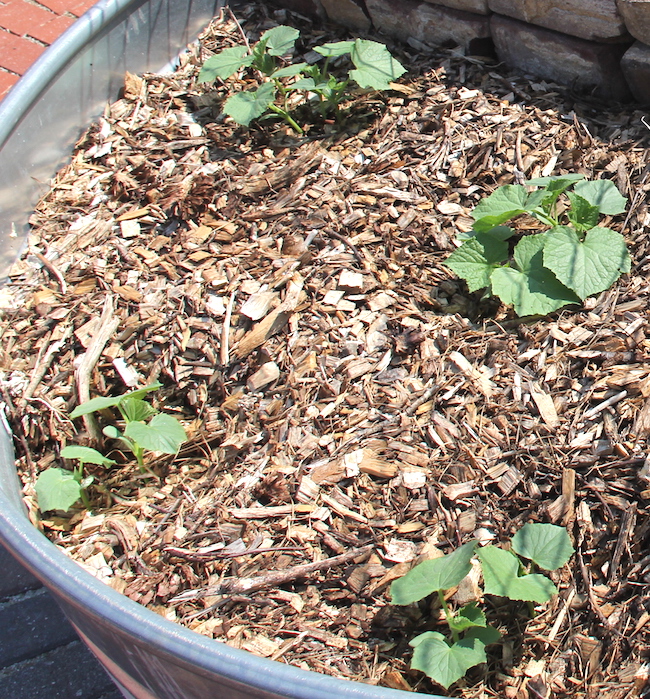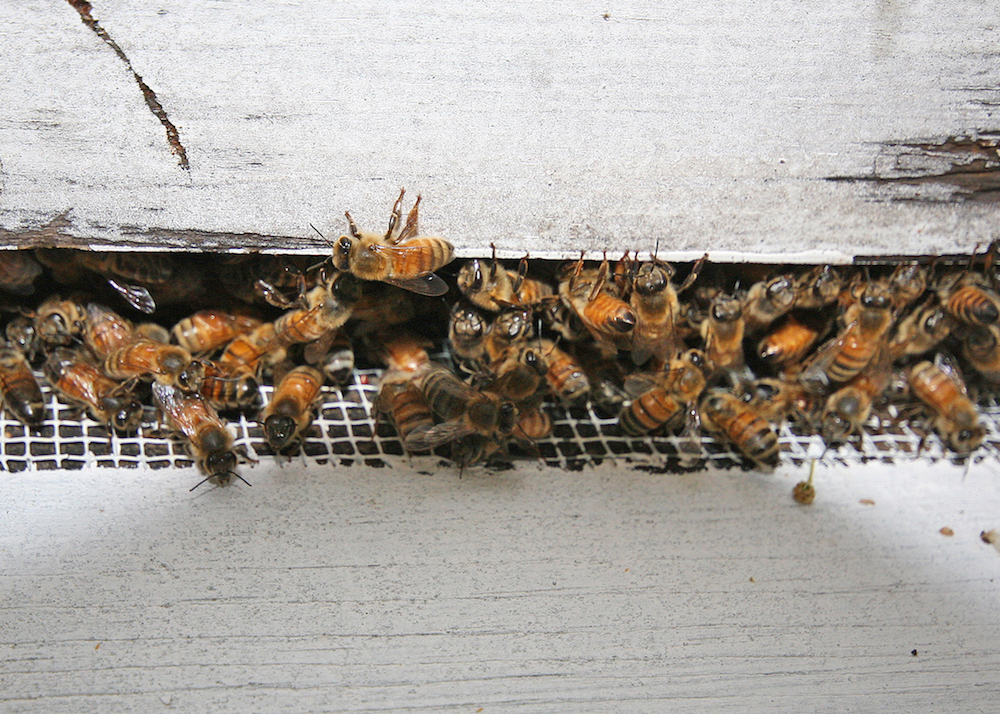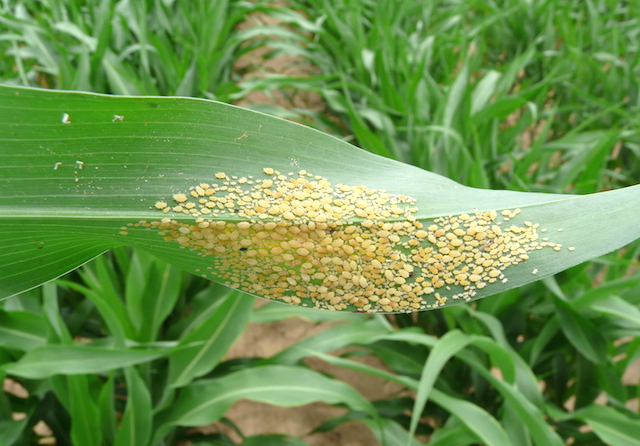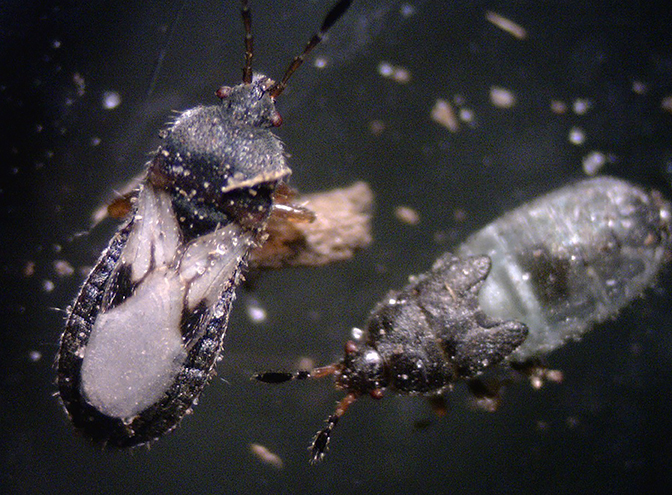 CAES News
CAES News
Chinch Bugs
Georgia lawns are looking parched thanks to drought conditions statewide, but the lack of rain has also opened the door for chinch bugs, a major dry weather pest of St. Augustinegrass and other turfgrass lawns.


